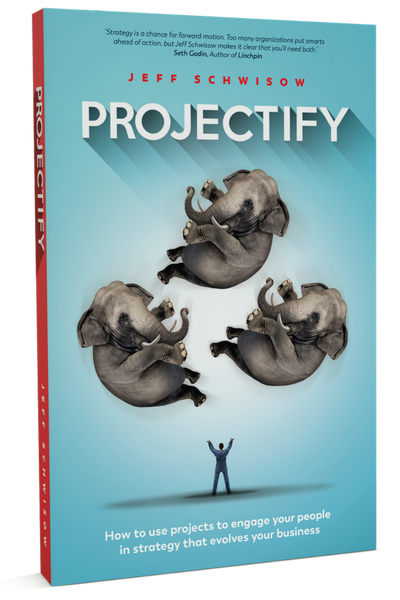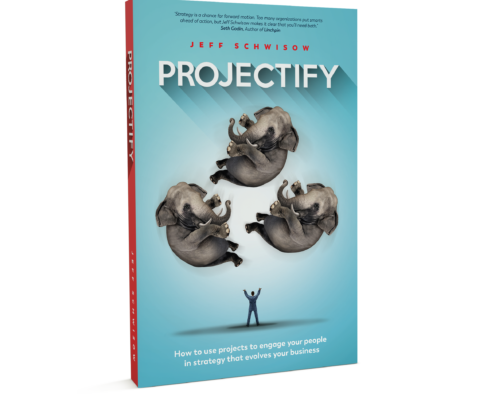
Now is the time to PROJECTIFY
After nine months of blood, sweat and tears, my book project PROJECTIFY – How to use projects to engage your people in strategy that evolves your business is finally released into the world.
This is no big Bestseller Launch…no Grand Opening…

The Radical Humanisation of the Workplace
I had the pleasure of spending Friday at my colleague Mykel Dixon’s Business Romantic 2017 event in Melbourne. This event was conceived as a contrast to the archetypical business conference with its jam-packed agenda of speakers, carefully…

The 3 myths you must overcome to unlock the greatness in your organisation
I believe that exceptional business performance – be it customer service, product development or growth and profitability – comes from operational excellence. It comes from a team that is constantly striving to be great at the job of delivering…

Become extraordinary by making your history a bridge to the future
Most people base their view of what's possible in the future on what has happened previously – their history, including all things leading up to the moment they contemplate beyond ‘now’.
While it's normal to base our worldview on past…

Why putting your business on autopilot is a GOOD thing
We've all heard the expression that a team or an individual was "operating on autopilot". Usually this means operating in an automatic, unthinking manner – it’s a bad thing. However, I believe that creating and engaging an autopilot for…

The 7 shifts in thinking that successful organisations will be embracing in 2017
As the year starts to wind down, I like to immerse myself in the thinking that I believe should shape the coming year. My take on #BigIdea2017 is that more organisations will look to actively make their people the engine that drives not only…
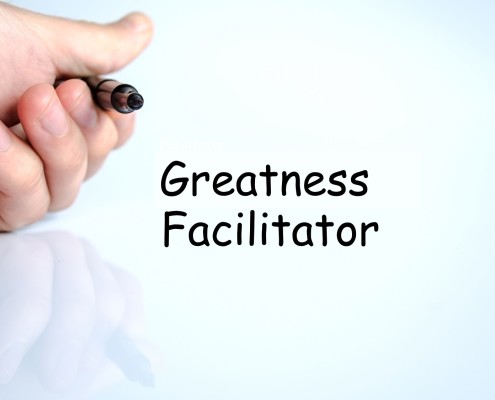
Why Greatness, Not Leadership, is the Secret to a Thriving Organisation
I’m a bit over discussions on Leadership. As we often use it, I don't like the term Leader. It conjures up images of someone who needs to be followed. We tend to think of strong leaders as the central point of control, someone directing the…
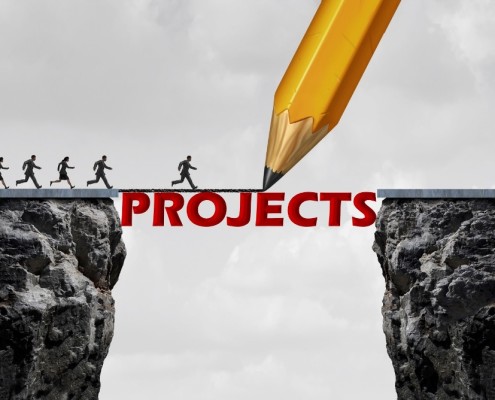
Make Projects the Bridge between the Business and Your People
I have a confession to make – as a “project guy” I don’t actually love projects. I'm passionate about projects, but not for the reasons you might think. My passion for projects comes from what they enable…the greatness that they can…
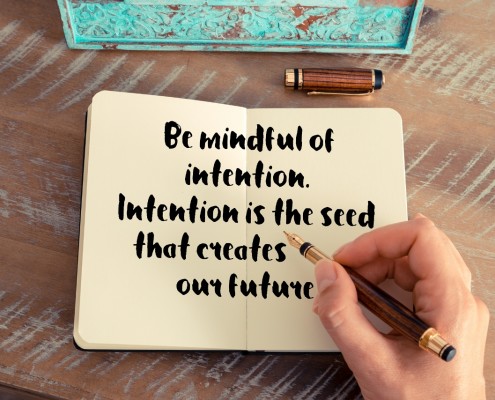
Move Your Improvement Efforts from Intervention to Intention
I recently had a brief exchange with an existing client organisation that speaks volumes about how a great number of businesses are managed today – the need for improvement is driven by crisis. Instead of being intentional about pursuing excellence,…
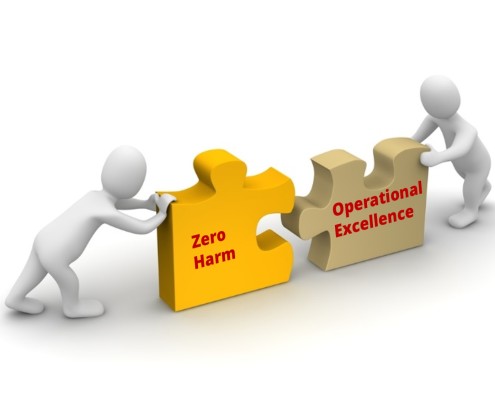
Is safety management today more cult than culture?
Over the last three decades, the safety of the construction environment has improved dramatically. Yet, construction sites are still one of the most dangerous workplaces the world over. As a result, today’s safety management efforts are focused…

